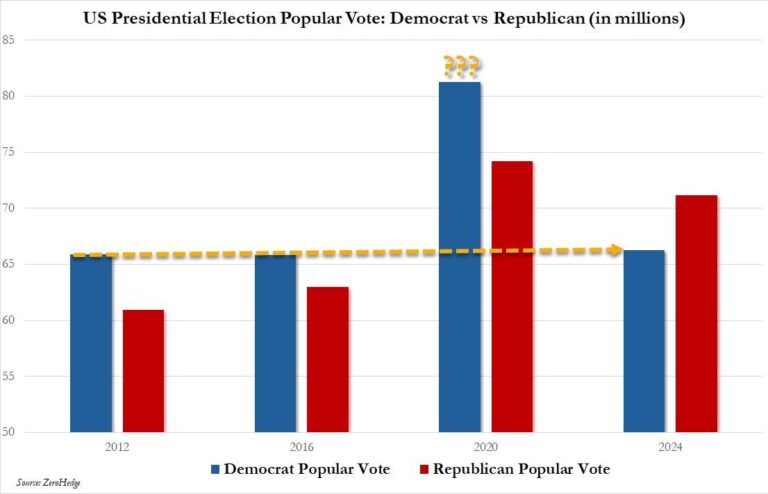What do writing, running, and religion all have in common?
A few years ago, I thought I would make good on a long-standing intention to write a book. I can’t tell you exactly when the idea for the book came into being, suffice it to say, it is measured in decades.
I had recently competed in and completed my dream endurance event the Ironman triathlon, for which I had trained for years. At the behest of my wife and prudence, I rested from my labors. With hours newly devoid of pointless dream-driven pursuit, I resolved to fill them with writing my book. I spent two weeks writing the first five pages only to be compelled to permanently destroy them, lest posterity judge me a hack.
What was I thinking? I hadn’t written anything, aside from email, since college some twenty years before. What hubris to think that I could sit down and write a book when I hadn’t flexed a wrist muscle in decades. I had just spent years preparing for a lifetime goal. I instinctively understood that one does not tackle something of the scope of an Ironman without the requisite blood, sweat, and saltwater. Over years I completed literally dozens of road races from 5k to marathon; finished triathlons of every different size and difficulty level; and swam countless miles in the ocean because that was the price of entry.
The obvious lesson of my Ironman adventure did not penetrate my skull. I realized as I deleted my five pages of hackery that writing, like running, requires you to put in the miles. What you read here every day are my miles. What can I say? It’s a work in progress.
During my marathon years I was an evangelist of running. I badgered friends and co-workers that they should give running a try. I heard every possible excuse. Frequently people told me that their knees prevented them from running any kind of distance.
No they don’t.
What do you mean? Yes they do!
If your knees hurt when you run, then you are doing it wrong.
My comment about “doing it wrong” often confused or even insulted people. “How could I be doing it wrong? I know how to run!”, they would say. Asking how often they ran and how far, they would admit that they hadn’t run since high school gym class. Why would otherwise intelligent people think that they know everything there is to know about something they hadn’t done since childhood, and then only because they were forced.
What is it about these things that people just assume that they are experts? Writing and running are not unique in this regard. There are just certain things about which most everybody claims expertise, even though the trade is rarely, if ever, plied.
Chief among the subjects which people assume osmotic expertise is religion. So many times intelligent people, who admittedly have not picked up a book on religion since Confirmation or third grade Sunday school, argue with me over what the church teaches without the slightest bit of suitable humility or discomfiture. While tempted to rudely note the presumption, I remember my own arrogance at the keyboard not so long ago.
Once when a friend lamented his inability to run any notable distance, I gave him my standard line that he must be “doing it wrong.” Rather than get mad or defensive, he was intrigued and asked me what I meant. I told him. He has now completed more than ten marathons and has even qualified for the Boston Marathon—an amazing feat.
Perhaps some day, God willing, someone will listen to what I say about the Church the way my friend listened about running. I must always remember this truism when people argue religion with me—you never know who may be listening. Maybe I will write a book about it, some day, when I am ready.


